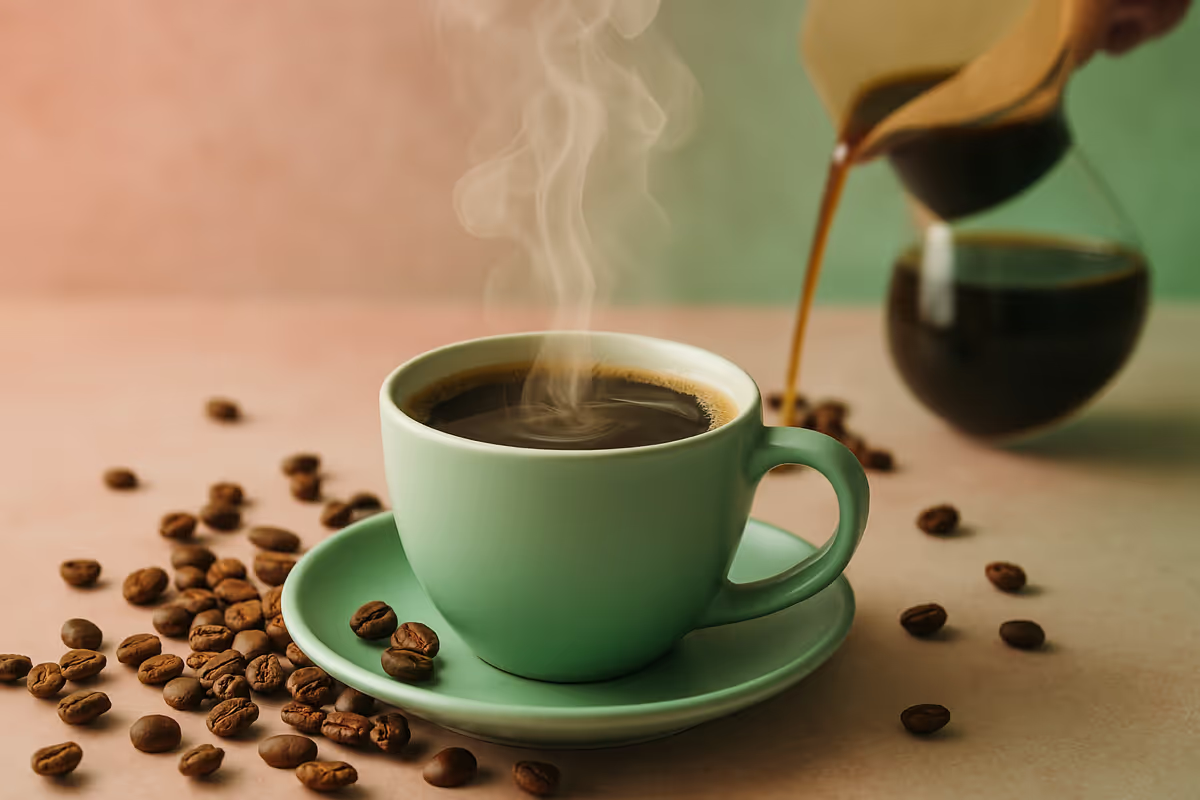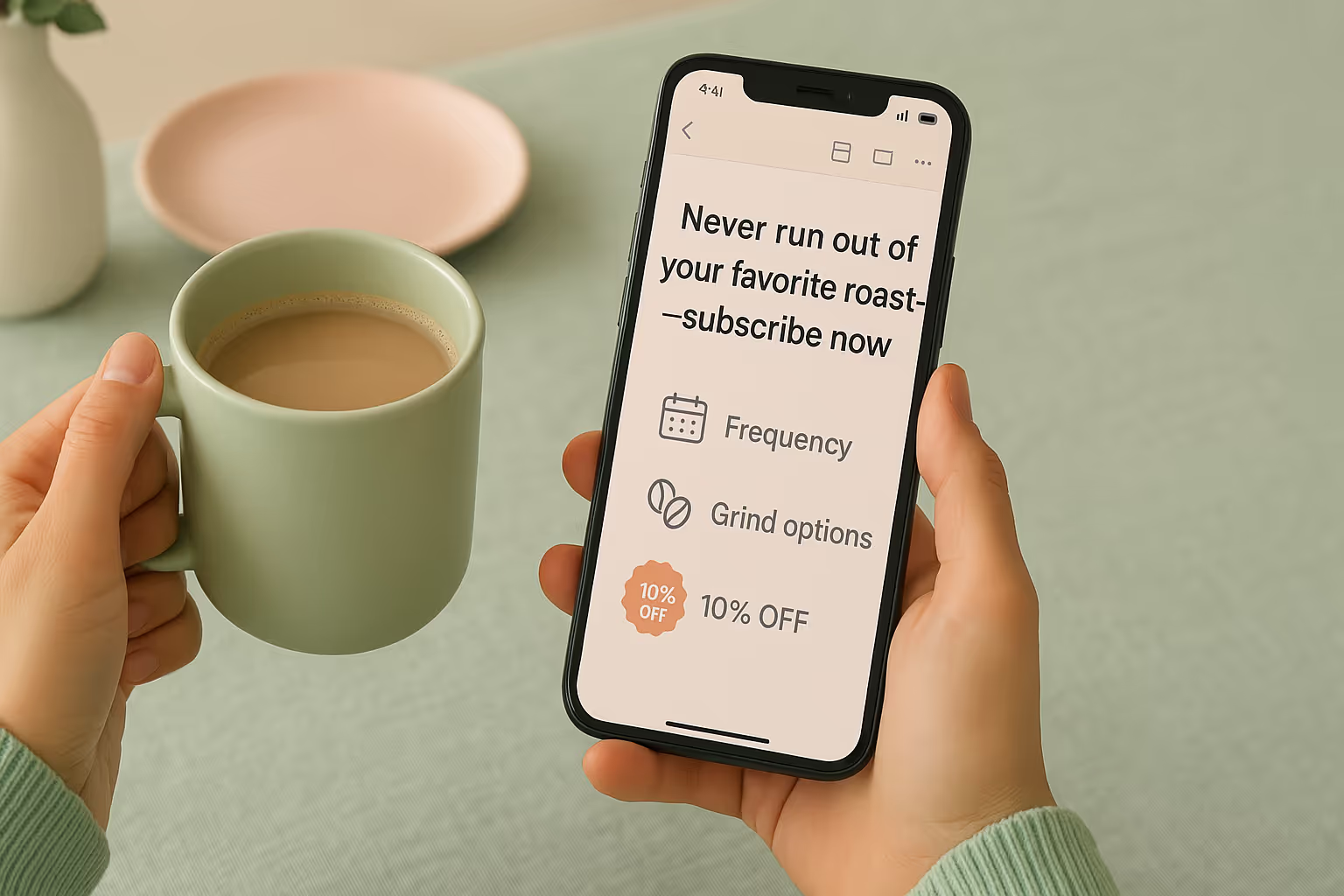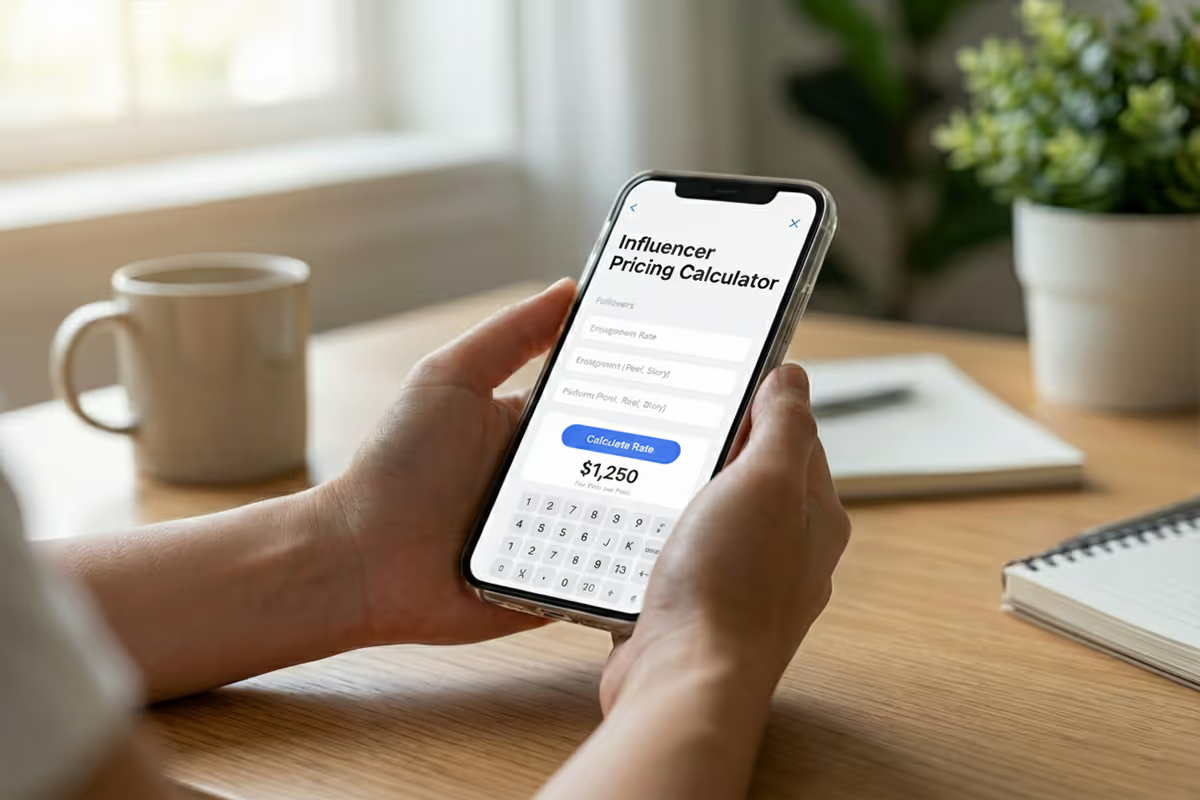What Email Marketing Strategies Work Best For A Coffee Brand: 7 Strategies That Actually Convert
%20(1).avif)
Did you know that emails personalized by customer preferences generate up to 58% more revenue?
Email marketing remains one of the most potent tools for coffee brands aiming to brew stronger customer loyalty and drive repeat sales. However, with inboxes more crowded than ever, generic strategies simply won't cut it.
Discover seven coffee-specific email strategies designed to deepen customer connections, boost repeat purchases, and significantly increase your brand's conversions.
7 Fundamental Strategies of Coffee Email Marketing Success
The coffee industry presents unique opportunities for email marketing that many brands miss. Unlike other product categories, coffee creates daily rituals and emotional connections that savvy marketers can leverage through targeted email campaigns.
The most successful coffee email marketing strategies combine sensory storytelling, educational content, and strategic offers that recognize the relationship consumers have with their daily brew. Here are seven proven approaches that consistently deliver results for specialty coffee brands.
1. Segment Your List Based on Coffee Preferences
Coffee drinkers have distinct preferences that provide natural segmentation opportunities for targeted email campaigns. Breaking your list into groups based on purchase history and behavior allows for highly relevant messaging.
Customer segments to consider:
- Brewing method enthusiasts (pour-over, espresso, French press)
- Origin preference groups (Ethiopian, Colombian, Indonesian)
- Roast profile lovers (light, medium, dark)
- Purchase frequency cohorts (weekly, monthly, occasional)
Pro tip: Track click behavior within emails to refine segmentation over time. If a subscriber consistently clicks on light roast content and skips espresso links, shift them accordingly.

2. Build Authority with Educational Email Series
Coffee is a category where consumers actively seek knowledge. Educational email series can build brand authority while providing real value.
Effective examples include:
- Brewing Guides: A 5-part series focused on different techniques
- Coffee Origins: Deep dives into how regions influence flavor
- Flavor Development: Helping subscribers refine their palate
These campaigns should be rich in visuals, short on fluff, and always include subtle product links relevant to the content.
3. Send Emails at Strategic Times
Coffee is habit-driven, which means timing your messages to align with usage patterns can dramatically boost performance.
Try sending:
- Morning emails (6–8 a.m.) for same-day online orders
- Weekend promos (Saturday 8–10 a.m.) for subscriptions
- Mid-week education (Wednesday 2–4 p.m.) for engagement
- End-of-month campaigns aligned with payday buying behavior
Brands that optimize send times based on audience data consistently see higher open and conversion rates.
4. Use Triggered Workflows to Encourage Repeat Purchases
Automated emails based on behavior can drive a significant portion of your revenue. For coffee, here are the top triggers:
- Post-purchase welcome flows: Offer storage tips, brewing guides, and ask for feedback.
- Replenishment reminders: Based on average consumption cycles (14–21 days).
- Browse abandonment: Re-engage visitors who viewed but didn’t buy, with product highlights and education.
Well-timed, behavior-driven workflows often account for 25–40% of total email revenue.
5. Lean Into Sensory-Focused Storytelling
Coffee is a sensory experience, and email is the perfect canvas for painting vivid imagery.
What to include:
- Flavor notes (e.g., “hints of blueberry and caramel”)
- Roasting behind-the-scenes
- Emotional connection to origins (e.g., “harvested in the highlands of Guatemala”)
Subject lines like "Escape to Ethiopia in one sip" or "The roast that hugs you back" can tease sensory appeal and boost open rates.
6. Offer Limited-Time Promotions with Real Scarcity
Coffee’s freshness and seasonality allow for ethical urgency.
Ideas include:
- Fresh roast flash sales
- Limited harvest releases
- Small-batch exclusives
Avoid overdoing this—run genuine urgency campaigns every 4–6 weeks for best results. Scarcity works when it’s credible.
Pro Tip: After your first steps, you will want to learn how to monetize your email list and grow your online business.
7. Convert One-Time Buyers Into Subscribers
Email is your best tool for turning casual buyers into loyal subscribers.
Conversion elements:
- Emphasize convenience and “never running out”
- Showcase customization (blend, frequency, grind type)
- Add testimonials and subscriber perks (discounts, early access)
Subscription messages work best when sent just before the customer would normally reorder. Bonus points for integrating one-click resubscribe buttons.

Most Brands Neglect Post-Purchase Education
While many coffee brands send a basic thank-you email, few use the post-purchase window to educate and delight.
Try this 3-email sequence:
- Day 1: Thank you + brewing tips for the purchased product
- Day 5: Storage advice + origin story of the bean
- Day 10: Palate guide + subtle intro to your subscription offer
Brands that implement this see higher retention and more second orders within 30 days.
Craft Your Coffee Brand Email Strategy with Intention
Coffee drinkers are among the most loyal and curious customers in eCommerce. When you treat your emails as storytelling and support—not just sales blasts—you build stronger long-term relationships.
Start by implementing one strategy at a time, measuring the impact, and refining from there. Combine emotional storytelling with smart automation and well-timed promotions, and your coffee emails will become one of your most profitable marketing assets.
Need help managing your coffee brand fulfillment while you focus on email?
Explore Supliful’s private label coffee solutions today!
FAQ
Related blogs

High-Low Method Calculator: Discover Your True Fixed and Variable Costs

Influencer Pricing Calculator: Find Your Fair Rate for Posts, Reels & Stories
.avif)


.avif)